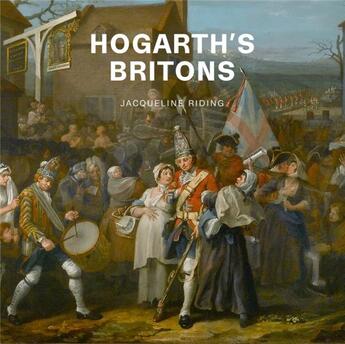-
Date de parution : 17/03/2023
-
Editeur :
Paul Holberton
-
EAN : 9781913645458
-
Série :
(-)
-
Support :
Papier
Résumé:
In the summer of 1745, Prince Charles Edward Stuart 'Bonnie Prince Charlie' landed with his supporters, the 'Jacobites', in a remote corner of Scotland. This signalled the start of his audacious military campaign, with the backing of Britain's global adversary France and during a Europe-wide... Voir plus
In the summer of 1745, Prince Charles Edward Stuart 'Bonnie Prince Charlie' landed with his supporters, the 'Jacobites', in a remote corner of Scotland. This signalled the start of his audacious military campaign, with the backing of Britain's global adversary France and during a Europe-wide war, to topple the Hanoverian, Protestant monarch George II and restore the Catholic Stuarts, exiled in France and then Rome since 1688, to the throne.
The country descended into turmoil, with regional, local and family loyalty for these rival royal dynasties severely tested, and opposing visions for the new nation of Great Britain - since the Union of England and Scotland in 1707 - laid bare. By early December the prince and his 6,000 troops arrived in Derby, just 120 miles and five days' march from London.
For both sides everything was at stake.
From the 1720s, through the crises of the early 1740s, to the civil war called the 1745 Jacobite Rebellion or Rising, Prince Charles's defeat at Culloden in April 1746 and beyond, Hogarth created some of the most iconic images in British and European art, including Marriage A-La-Mode, O the Roast Beef of Old England (The Gate of Calais) and The March of the Guards to Finchley. Through such vibrant scenes, rich in topical commentary, he conveyed a sense of external threat (real and imagined) from foreign powers and internal political, social and cultural upheaval. At the same time he offered his fellow Britons a confident, reassuring idea of the rights and liberties they enjoyed under King George and his government: a flawed status quo, as Hogarth would readily admit, yet certainly better, he would argue, than the regime that would replace it under the 'popish' Stuarts as client monarchs of the self-serving French king, Louis XV.
With British society and politics in flux, and the Union between Scotland and England arguably more vulnerable now than at any moment since 1746, the themes explored in Hogarth's Britons have profound resonance with our own time.
Donner votre avis








